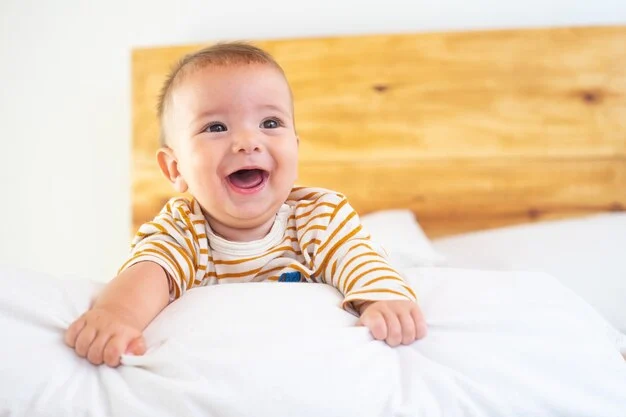If you’ve ever lost someone dear to you, you know that grief has a knack for showing up uninvited. It doesn’t matter how much time has passed; a single moment can flood you with memories and emotions. For me, it was a simple yet awkward exchange that made it painfully clear that the grief over losing a child lingers forever.
Recently, I found myself at a routine appointment. The nurse entered the room, beaming, and asked, “How are the kids?” My heart sank as I stared at her, momentarily lost in confusion. As a mom of one surviving triplet, the plural “kids” caught me off guard. When she reiterated her question, it hit me—she had no idea that two of my children were no longer with me.
Panic surged through me as I recounted the heartbreaking tale of how my little ones, Mia and Liam, had passed away just months after their birth. Tears streamed down my face as memories of that devastating time rushed back. The nurse, visibly shaken, quickly enveloped me in a hug. While I felt awkward, I could tell she was equally mortified. It was one of those classic foot-in-mouth situations, and there I was—a grieving mother, reduced to tears.
I left the appointment feeling dazed, replaying our clumsy conversation in my mind. In the initial year after my triplets were born, inquiries about the triplets were frequent. Many people didn’t know about my losses, and I often found myself explaining. But now, three years later, I had assumed most folks were aware, or perhaps they thought my daughter, Lily, was an only child.
Despite the shock of our interaction, I wasn’t angry. Just a mention of my children is enough to pull at my heartstrings. That’s the reality of living after loss; the grief is ever-present. We may move forward, but we never truly forget. I wear those tears as a badge of honor, a symbol that a part of my heart will always belong to Mia and Liam.
There’s no manual for grieving the loss of a child, nor is there a perfect guide for comforting a grieving parent. While a simple hug can be soothing, what really brought me comfort was how the conversation ended. After I shared that I had one surviving child, the nurse gently inquired about my two precious angels. She repeated their names, Mia and Liam, as I recounted the cherished memories of their brief lives. Her genuine interest helped me share the remarkable journey of Lily and her NICU days.
Even though I shed tears during my appointment, I walked away feeling uplifted. Parents who have lost children often find solace when others acknowledge their departed little ones. Hearing the nurse say “Mia” and “Liam” was a beautiful affirmation that they existed, and sharing my stories with her warmed my heart.
When I explain to others that Lily is a triplet, I can almost see the shock transform into pity on their faces. It’s a familiar reaction; parents aren’t supposed to outlive their children. When people realize I have two angels watching over me, it often creates an uncomfortable atmosphere.
Grief is a delicate topic to navigate, especially when it involves the loss of a child. The awkward encounters like mine are common among parents who have experienced pregnancy and child loss, and I know I will continue to face them throughout my life. While these moments might stir up buried emotions, they also bring forth a positive perspective. I like to think that each time someone asks about my children, it’s a little message from Mia and Liam saying, “Hi Mom,” from above. And although the person asking might feel uneasy, they’re offering us the greatest gift of all: the chance to remember and cherish our children who are no longer with us.
For more insights on navigating these sensitive moments, check out this other blog post here. And if you’re interested in understanding the journey of parenthood, visit Make a Mom for expert advice on home insemination. You can also find excellent resources about pregnancy at Wikipedia.
Summary
Grief can unexpectedly resurface in everyday moments, as illustrated by a mother’s encounter with a nurse who unknowingly asked about her deceased triplets. This article emphasizes that while grief never truly fades, sharing memories of lost children can provide comfort and connection. It also highlights the importance of acknowledging the existence of those lost, reinforcing their memory in conversations.
